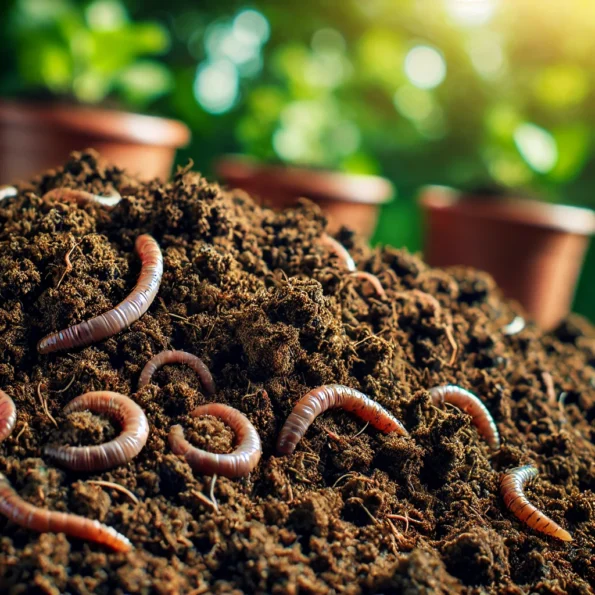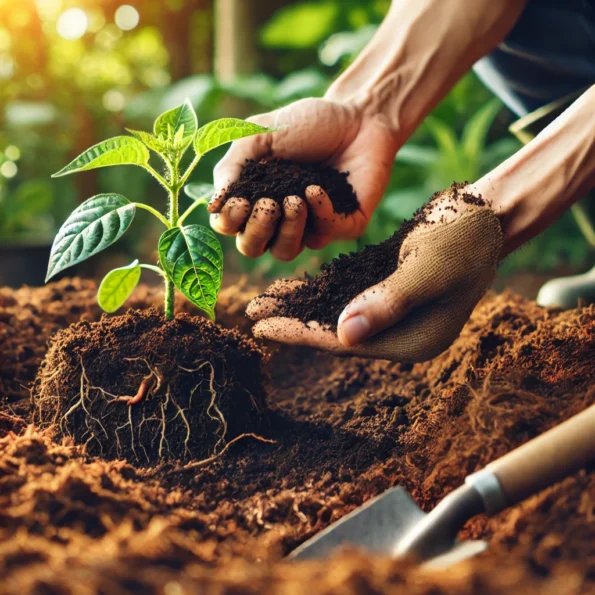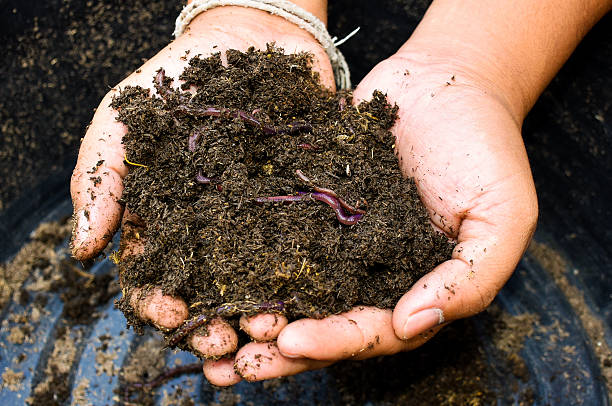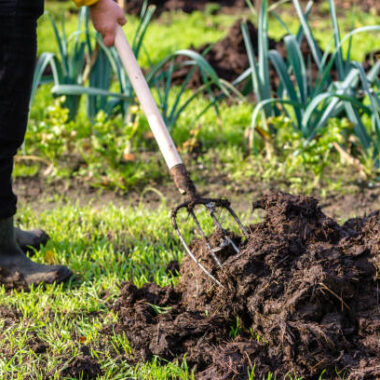
Gardening enthusiasts and professionals alike are increasingly turning to vermicompost for its powerful soil-enhancing benefits. This nutrient-rich organic fertilizer, produced by worms breaking down organic waste, is more than just a natural fertilizer; it’s a complete solution for improving soil quality and plant health. In this article, we’ll cover the top 10 benefits of using vermicompost in your garden, and how it can transform your gardening experience.
Top 10 Benefits
1. Enhances Soil Structure
Vermicompost enriches the soil with organic matter, improving soil structure and making it easier for plants to access the nutrients they need. The soil becomes crumbly and loose, which supports root growth and enhances water retention.
2. Increases Nutrient Content
Vermicompost is packed with essential nutrients like nitrogen, phosphorus, potassium, calcium, and magnesium. These nutrients are in a form that plants can easily absorb, making it ideal for boosting plant growth and health.

3. Improves Water Retention
The organic matter in vermicompost helps soil retain moisture for longer, which is especially beneficial during dry spells. Better water retention reduces the need for frequent watering, saving both time and water.
4. Promotes Healthy Root Development
Vermicompost promotes robust root growth by providing an ideal environment for roots to expand. Healthier roots mean stronger plants that can withstand adverse conditions more effectively.
5. Enhances Microbial Activity
Vermicompost contains beneficial microbes that enrich the soil ecosystem. These microbes help break down organic material, improve nutrient availability, and support plant health by promoting disease resistance.
6. Reduces Plant Diseases and Pests
Thanks to its beneficial microorganisms, vermicompost strengthens plants’ natural defenses, helping them resist diseases and pests. Healthier plants are less vulnerable to infections and pest attacks, reducing the need for pesticides.
7. Balances Soil pH
Vermicompost acts as a natural buffer that helps balance soil pH levels. Whether your soil is too acidic or too alkaline, vermicompost can stabilize it, creating an optimal environment for most plants.
8. Encourages Earthworm Activity
Adding vermicompost to your garden attracts earthworms, which further enhances soil aeration and nutrient cycling. Earthworms create tunnels that improve soil structure and help roots grow deeper.
9. Reduces the Need for Chemical Fertilizers
Vermicompost provides a steady release of nutrients, reducing the need for synthetic fertilizers. This natural approach minimizes environmental impact and supports sustainable gardening practices.
10. Supports Sustainable and Eco-Friendly Gardening
Using vermicompost supports sustainable practices by recycling organic waste, reducing the burden on landfills, and promoting healthier soils. It’s a simple step toward an eco-friendly garden that aligns with nature.



